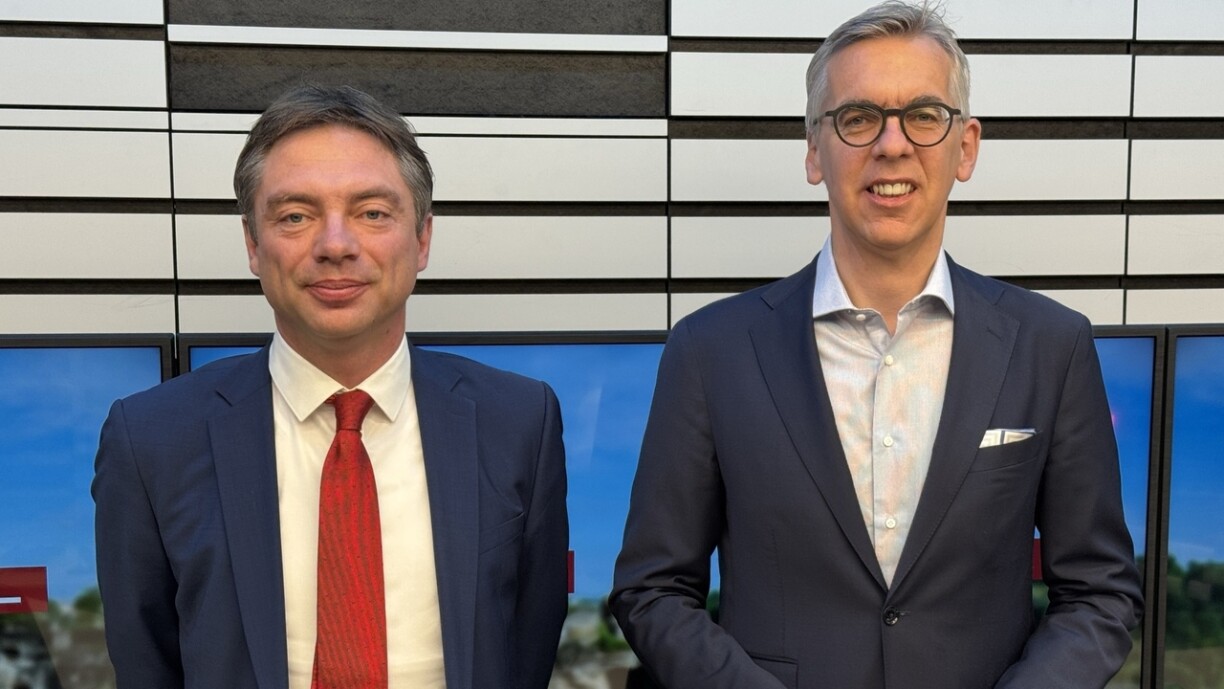
Léon Gloden, Minister for Home Affairs and Christian Social People’s Party (CSV) MP, is confident that recent efforts are paying off. Since new measures were introduced in November 2023, he says, the security situation has improved, and the numbers back him up.
“Police recruitment has increased significantly, from 160 to 200 trainees per intake,” Gloden said. “The actual number of officers has risen from 3.100 to 3.331. We’ve adopted a new policing strategy focused on visibility, proximity, and prevention.”
Furthermore, according to Gloden, there have been tangible results, with sharp decreases in robberies and assaults.
However, he acknowledges that challenges remain, particularly in the Gare neighbourhood, where drug-related crimes continue to be a problem. “We’re working on this with various ministries, the municipality, and police; more patrols, more presence, more action,” he said.
Additionally, on Thursday, a roundtable discussion on drug-related crime will be held to assess and expand the current catalogue of responses. Gloden promised concrete outcomes: “We will resolve the issues in the Gare neighbourhood [...] we will give Gare residents their neighbourhood back.”
Alternative Democratic Reform Party ADR MP Fred Keup criticised the government’s framing of the security issue, saying the phrase “feeling of security” does not reflect the reality for those directly affected. “For victims of assault or robbery, this isn’t about feelings, it’s their reality,” he said.
According to Keup, “the security situation remains very bad” and, in some areas, has even deteriorated. He disputes Gloden’s optimistic figures, citing a “disastrous situation in many parts of the country, not just in the Gare neighbourhood.” Referring to articles recently published, he says that “Luxembourg is no longer the safe little country it once was” but one facing “a crisis of criminality.”
Although he recognises the government’s intent to act, Keup says current efforts are inadequate, and that “a lot more needs to be done.”
In response, Gloden states that “security is a top priority for the government.” He highlighted a range of measures in progress, including a strengthened draft bill (known as the Platzverweis renforcé) that would expand police powers to remove disruptive individuals from public spaces.
The government also plans to improve motorway surveillance, noting that Luxembourg remains one of the few countries without an automatic number plate recognition system, a key tool in crime prevention.
Further measures include the expansion of the Visupol video surveillance scheme, with 60 new cameras in Bonnevoie and the Gare neighbourhood, as well as continued crackdown on drug networks, as evidenced by recent busts.
When asked about the perceived lack of police presence in key hotspots, a concern raised by some residents of the Gare district, Gloden acknowledged the limitation, saying: “We can’t have police everywhere all the time.”
Nevertheless, plainclothes patrols in high-risk zones, and more visible police stations will be implemented with extended opening hours in Luxembourg City and Bonnevoie.
For ADR, the government’s new measures still fall short. Fred Keup is calling for greater transparency in police communication and data reporting. “We need honest, transparent updates on all cases,” he said. “The police should also share this information with the public and the media, and compile statistics in a way that actually allows us to draw meaningful conclusions.”
Keup questioned the lack of reporting on violent incidents: “Why don’t the police simply report every single aggression?”
Minister Gloden rejected the criticism, stating that: “The police issue at least three, sometimes five press releases a day,” he said. “They are transparent. But during an ongoing investigation, not everything can be shared immediately, and Mr Keup knows that. It’s the responsibility of the public prosecutor’s office to decide what can be disclosed.”
On the rise in knife-related threats, a problem spreading across Europe, Keup urged the publication of official statistics. Gloden agreed that the issue is serious and acknowledged that more needs to be done.
Keup argued that criminality is spreading beyond the Gare district and that police need stronger tools to respond: “They must have the means to defend themselves and be better equipped.”
Fred Keup is also urging reforms to the justice system. He calls for “swift and consistent convictions” to replace what he describes as a culture of impunity. “When honest people see repeat offenders breaking the law without consequences, when cases drag on and those individuals remain free, it undermines trust,” he said. Keup argues that criminals should not be allowed to walk free simply because the judiciary lacks sufficient staff.
Both MPs agree that cross-border crime is a serious and growing issue, particularly involving offenders arriving by train from France.
Gloden confirmed that cooperation with France is ongoing. He recently spoke with French Minister Bruno Retailleau, who committed to helping speed up deportation procedures. Keup also raised concerns about “criminal tourism,” where offenders commit crimes in Luxembourg and return across the border. Gloden agreed, describing it as a “very important issue” that requires continued bilateral action.